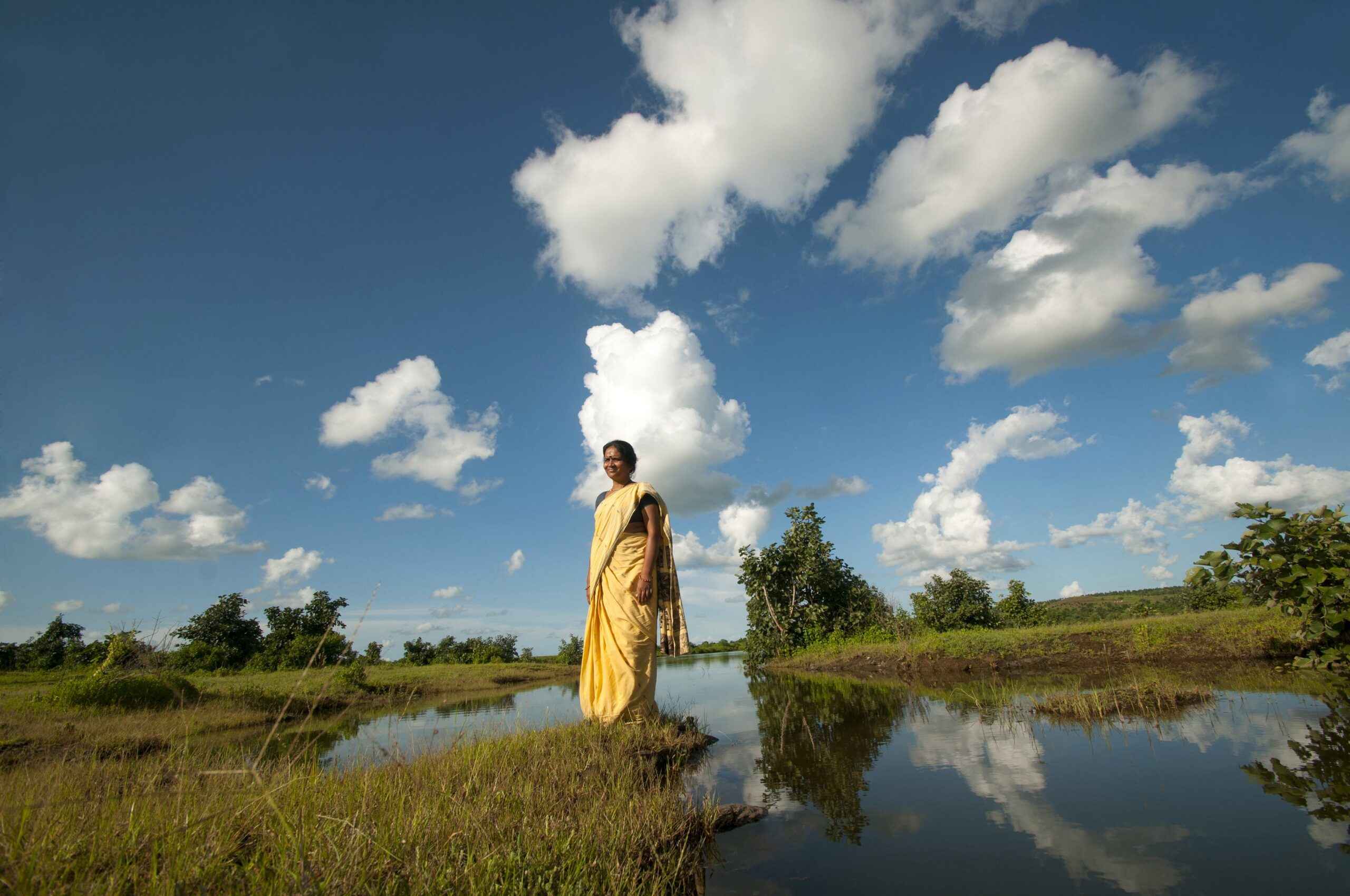
Despite economic growth, South Asian economies face challenges due to their population size, hindering job creation and their ability to respond to climate shocks, the World Bank said on Tuesday.
“The danger is the demographic dividend is missed. It’s squandered,” Franziska Ohnsorge, World Bank Chief Economist for South Asia told the news agency Reuters.
“If only they can be employed. It’s a fantastic opportunity to grow but until recently employment ratios have been falling,” Ohnsorge added to Reuters.
Ohnsorge said in the statement that South Asia is failing to fully capitalize on its demographic dividend. “This is a missed opportunity.”
“If the region employed as large a share of the working-age population as other emerging markets and developing economies, its output could be 16% higher,” Ohnsorge explains.
The bank explains that South Asia’s working-age population growth has exceeded that in other developing country regions which has also increased employment growth.
India, which accounts for the bulk of the region’s economy, has witnessed an output growth expected to reach 7.5% in the fiscal year of 2023-2024 before returning to 6.6% over the medium-term post-COVID-19. This activity is witnessed in services and industries which are expected to remain robust.
“South Asia’s growth prospects remain bright in the short run, but fragile fiscal positions and increasing climate shocks are dark clouds on the horizon,” said Martin Raiser, World Bank Vice President for South Asia, in a statement.
“To make growth more resilient, countries need to adopt policies to boost private investment and strengthen employment growth.”
In 2023, the employment ratio for South Asia was 59%, compared to 70% in other emerging market and developing economy regions, the bank explained.
“It is the only region where the share of working-age men who are employed fell over the past two decades, and the region with the lowest share of working-age women who are employed,” they added further.
This region remains vulnerable to climate change, with fiscal constraints that will lead firms to carry the burden of the repercussions. Firms, farmers, households, and, especially, poor households, will suffer the shocks of climate change.
The report has suggested various policies aimed at fostering firm expansion and enhancing employment opportunities.
These include enhancing trade openness and facilitating access to finance, refining business environments and institutions, lifting constraints on the financial sector, enhancing educational systems, and eliminating barriers to women’s economic participation.
The World Bank said that these initiatives not only have the potential to stimulate growth and productivity but also create room for public investments in climate adaptation.